Well, look, you had to find out some way, right? Dick Johnson is dead, and through this movie, we’re going to remember him. The honor falls to his daughter, Kirsten Johnson, to memorialize him. She is the person who killed him. She is the person that will kill him again. Dick Johnson is dead, and it’s a truth we will be made to confront repeatedly. Dick Johnson, thus, will always die. And therefore, he will always live.
Kirsten Johnson is a documentarian who felt that one day she would have to confront her aging father’s mortality. As soon as he began to develop signs of dementia, she began to see him not as her father (and thus, her creator, the shaper of her worlds) but as something feeble, weak, broken down, soon to depart.
“Dick Johnson Is Dead”, her reckoning with this shift in her life, is made up of three avenues of storytelling. Firstly, there are interviews and testimonials to Mr. Johnson, who has seemingly left behind a warm glow among all around him, respected and loved within his Florida community. It’s in these moments where people testify to what Johnson has felt – the manner in which dementia can shift around the furniture within the mind, the ways in which it makes loved ones seem alien, unfamiliar.
The next element, the showcase sequences of the film, feature Dick Johnson experiencing a number of violent deaths. He falls, he crashes, he is crushed. Each time, his body goes lifeless, causing a bloody mess, the camera lingering on the final moments of Dick Johnson on this Earth. Each moment feels tactile, terrestrial, he is just a man failing to be. The legs betray him. Gravity extracts what is owed. A man becomes less, going from triple digits to zero in only a moment. There are no speeches, no final acts of heroism. Kirsten Johnson’s camera captures an expiration date for her father, many times.
The final element, intertwined with the two others, is a cheeky making-of, where we see Kirsten Johnson and her collaborators plot, stage and re-enact Dick Johnson’s death. She jumps into action eagerly behind the scenes, excited for another day of murdering her dad. She has laughs with stunt doubles where you wonder if she felt more fond of them than she would previously, given who they were doubling. Everyone is gathered, smiles on their faces, to kill Dick Johnson, and if they have to kill him a few times on this lovely sunny day, they will, gladly. It’s a good day at work, side to side with a woman intent on repeatedly killing her father.
I find it near-impossible to discuss documentaries without infusing the discussion with my own viewpoint on the subject. Perhaps it’s strange how much I related to this film. I remember a moment long ago, in my twenties, when my father visited my home to unleash some petty, unwarranted vitriol. I was still new to having my own apartment, my own place to live, so he was an alien element in my home. It’s when I first started to see him not as my father, not only as the most significant authority figure in my life, but as a fallible man. As he went on, I noticed my set of steak knives, and I realized, this man is bothering me, and I could stab him right now. I could commit a violent act towards my father right now, and he would fall dead, and all he’d be was a lifeless pile of skin and bone on my floor. Just another alien element in my home.
I never ended up committing any violence towards my father, and in fact, I scolded myself for having these thoughts in the moment. But it seemed to emerge as a fully-formed thought in my head. What if? My father was also brought low by dementia – like Dick Johnson, he’s in an assisted living facility in Florida right now, uncertain of where he is, who surrounds him, and how to express himself any more. He is a device of life, and the device is failing, decomposing. I see him differently now. I had many disagreements with my father while I was in prison, some of them deep and dark, some matters to be never forgiven. But his mental health downshifted when I got out of prison. At a certain point, my mother put me on the phone with him, and he was so disheveled and disoriented that I realized, then and there, that I already had my final meaningful conversation with him.
I suspect Kirsten Johnson understood, and understands, a similar sentiment within her movie. There are very few suggestions of negativity or disagreement in the film – I wonder if she made a choice to lean towards the positive while ignoring or downplaying the negative. Dick Johnson sincerely sounds like a good guy. Maybe whitewashing whatever misdeeds he committed as a father is offset by her repeated, and jolly, murder of him. But now, she has a movie – in that movie, he is always returning to life, and death never once brings him down for good. Perhaps she really did unconditionally love this man, and creating a death loop is her way of memorializing him. It’s a comforting thought.
I was in prison with many fathers, and hardly any of them had the reliability or warmth you’d expect. I overhead one man explaining his children once by telling an inmate, “I’ve got five or six of them s**ts.” I was in the visiting room with many fathers who would be thrilled to see their children, but had clearly lost interest in them as the visit extended into a third hour or so. I’m not going to tell you that the Federal Bureau Of Prisons is here imprisoning Father Of The Year.
But many of these men had young partners and, thus, young children, many of whom hadn’t even met their fathers. As such, they were “dead.” I heard from many men that their girlfriends, their “baby mommas” had opted to tell their children that Daddy was “dead,” to allow for an easier time moving on to a new city, a new lover, a new life. So many men are arrested young, and suddenly a devotion to a male lover proves to be an unnecessary devotion for the women outside. I was merely surprised to hear how many of these men were now retroactively “killed”, the solution to a kids’ complex question. In prison, you see it everywhere – the “dead” fathers, trying in vain to send something to their families, to their children, a reminder that Daddy still walks the Earth. A treatment no father, or mother, deserves.

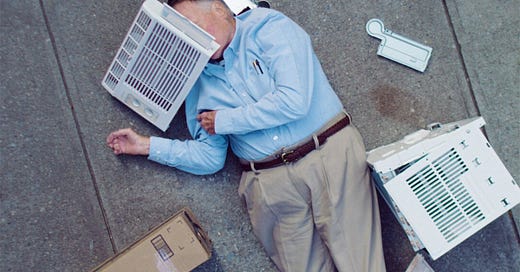



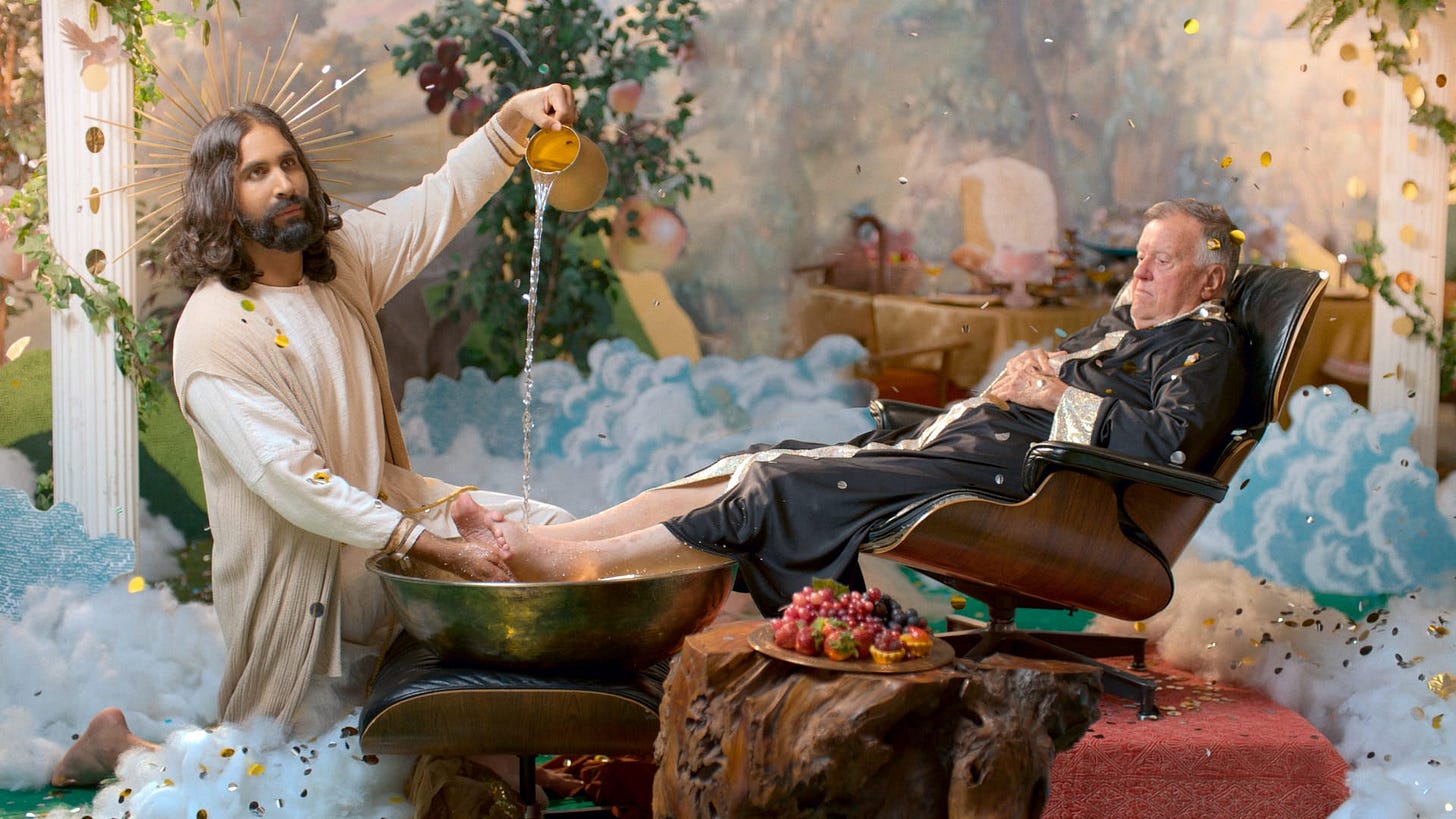
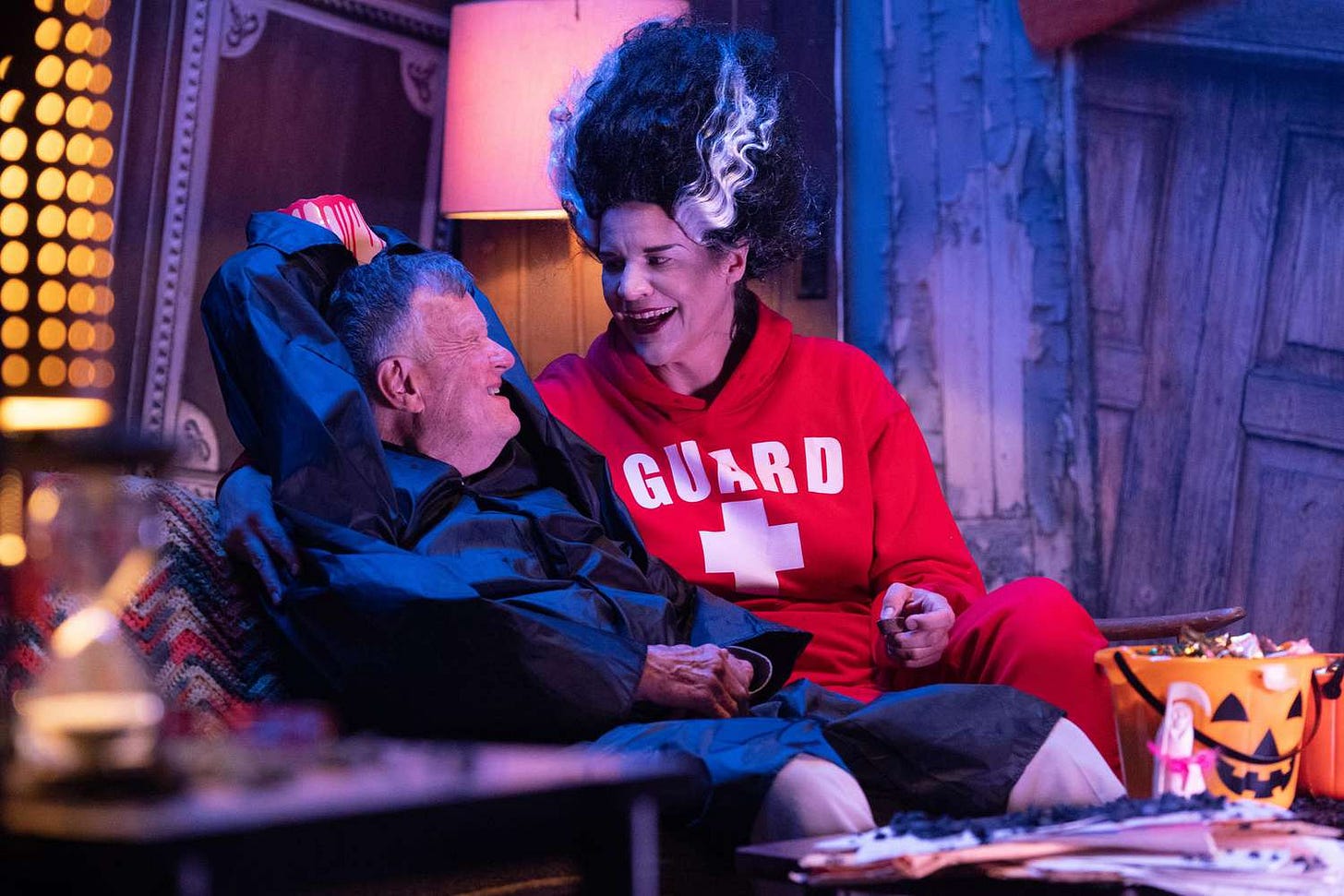
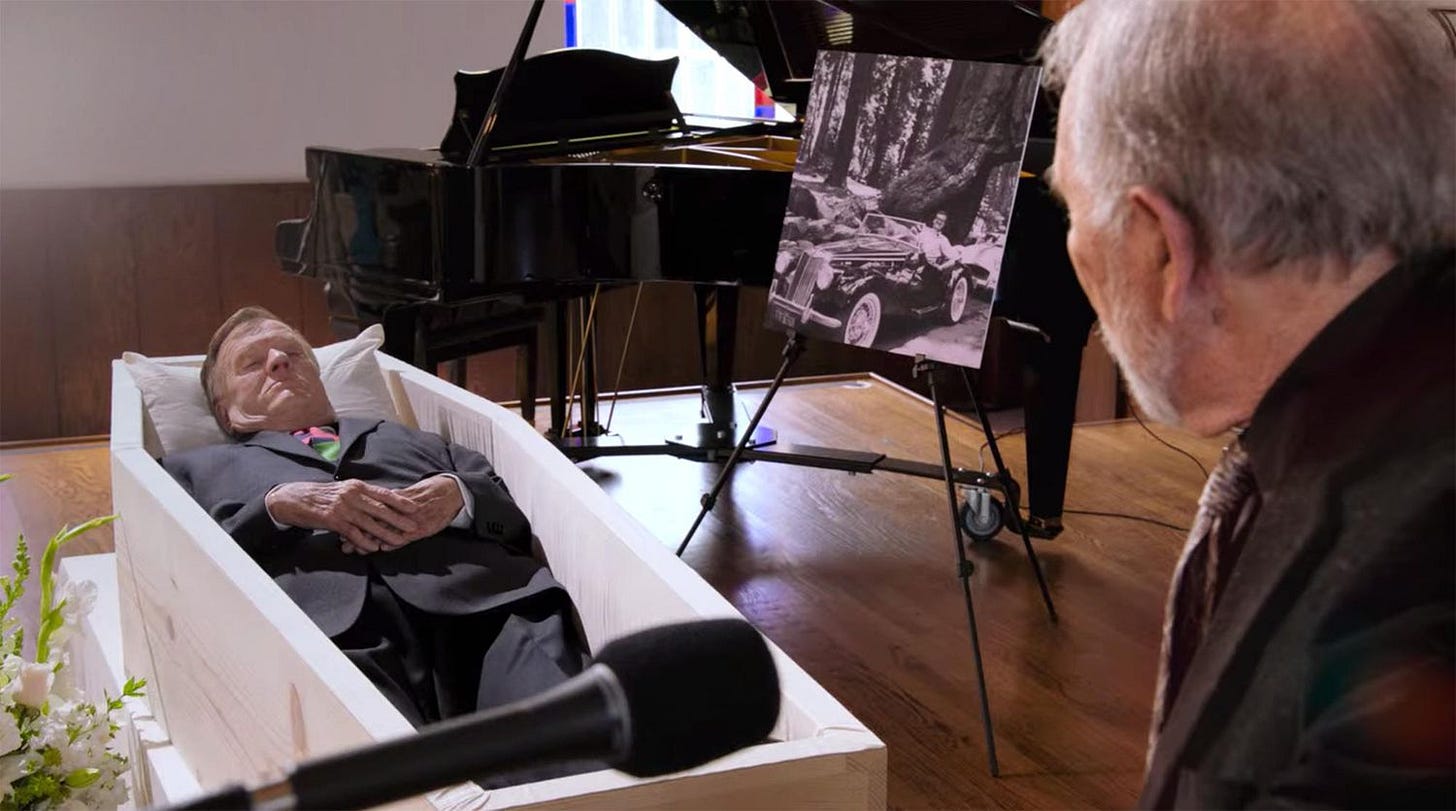
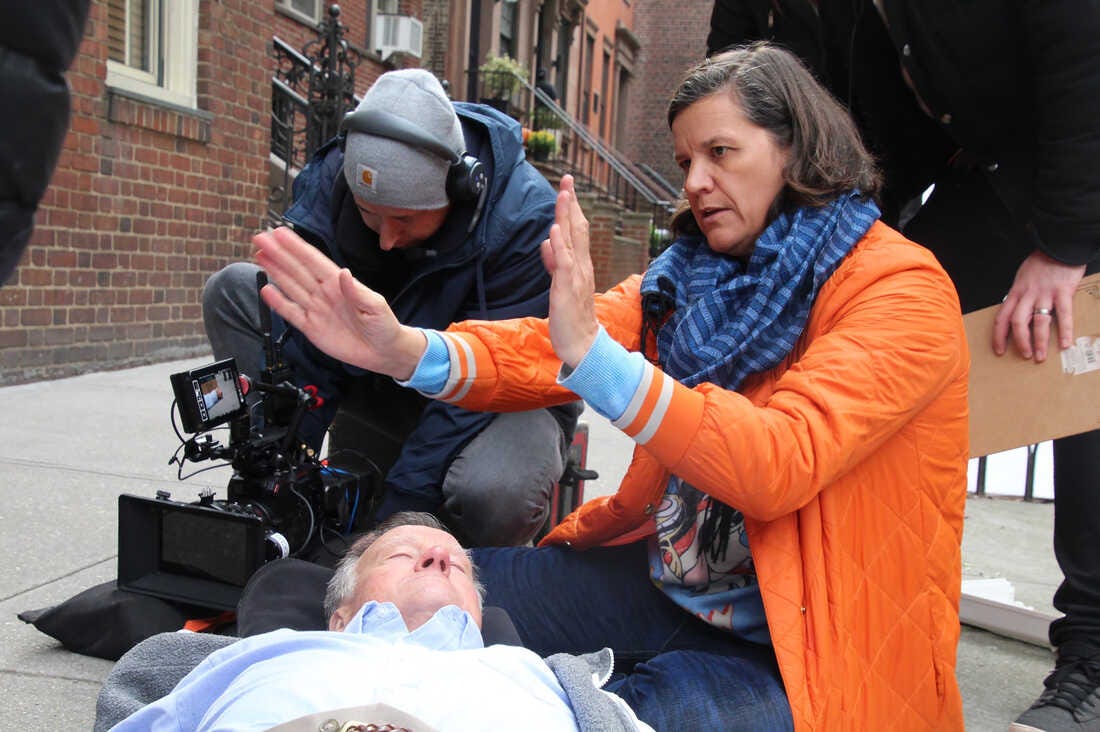
This is the second time this week your post has brought tears to my eyes.
Thanks(?)
And, I'd like to have empathy for the mothers in a hard situation, but there should be a special place in hell for them for what they are inflicting on their children and their children's fathers.